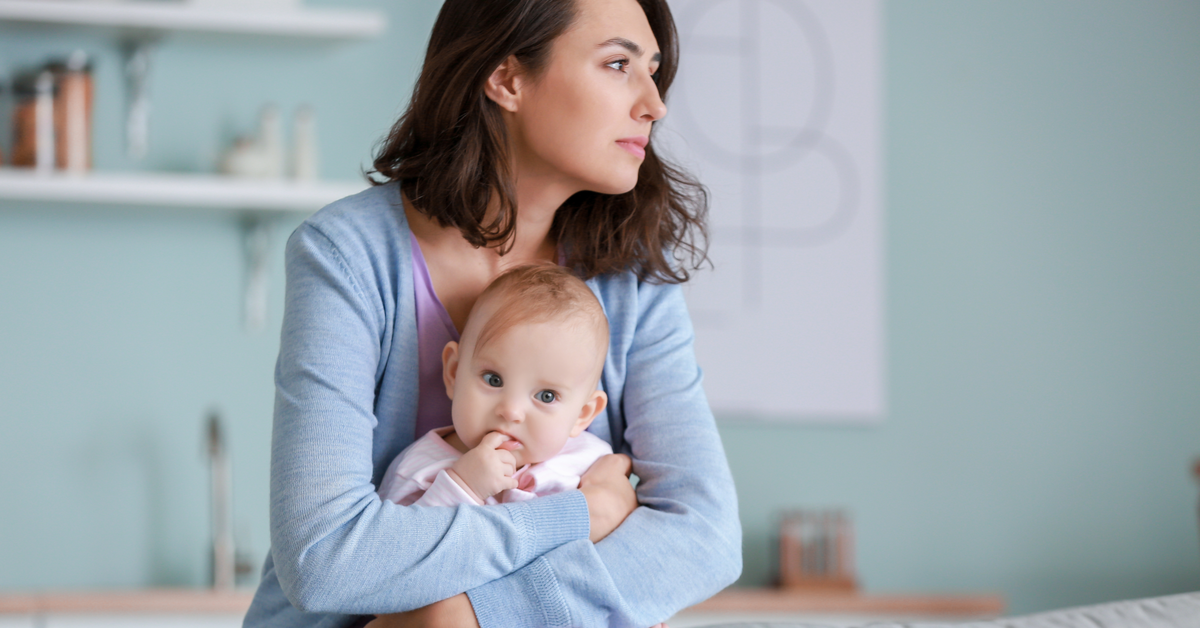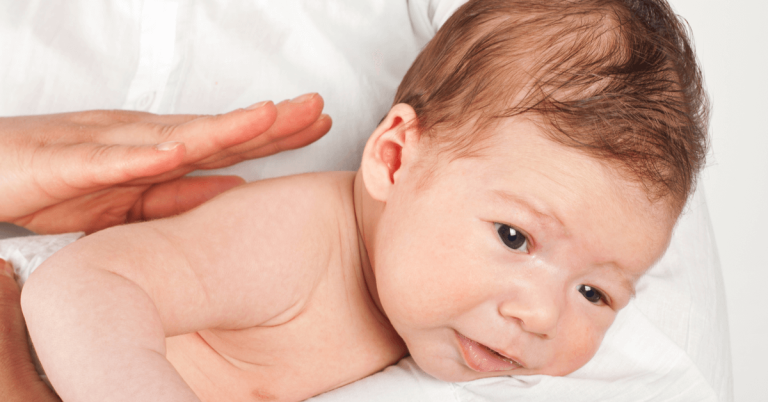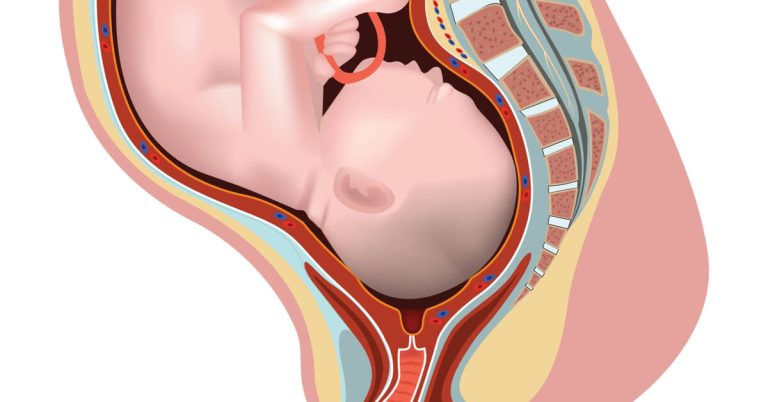Pregnancy is a period of ups and downs for the expectant mother, both physically and mentally. This changeable mood, which starts with pregnancy, can continue after birth. In addition to changing hormone levels, the beginning of a new life, the thought of birth or the awareness of responsibility are among the most important reasons for experiencing a postpartum panic attack.
As such, postpartum depression or panic can reach such serious dimensions that they negatively affect the daily life of the expectant mother.
What Is Postpartum Anxiety?
Postpartum anxiety occurs in almost half of all mothers who give birth. The state of sadness, which is a temporary state, usually passes within 48 hours after birth. However, in cases of insomnia, loss of appetite, hopelessness and even suicidal thoughts that last longer than 2 weeks, support from a specialist should be sought.
Don’t be afraid of the panic attacks you will experience in the first few days, almost every mother experiences them in their first days. It is quite normal that the thought of your baby, who has just opened his eyes to the world, now puts all the responsibility on your shoulders, dragging you into this situation. In this case, you should stay calm and enjoy being a mother. You will have more time to think about the future.
Postpartum Depression
Postpartum period covers a period of approximately 6 weeks that a woman who has become a new mother will experience. The postpartum period causes some changes in the mood of the mothers. This causes the mother to feel some anxiety.
Postpartum depression, which is seen in 17% of mothers, is a more serious condition that does not go away in a short time, like motherhood blues. For this reason, it is necessary to seek professional support. The sudden drop in estrogen and progesterone hormones, which increase almost 10 times during pregnancy, increases the risk of depression by causing social and psychological changes.
Since each woman’s rate of self-regulation of hormones during and after birth is different, her adaptation to the process also differs. Depression, which is more common in second-time mothers, may be hereditary and environmental in addition to hormonal changes.
Postpartum depression can reach the size of a panic attack in some mothers if the necessary precautions are not taken. Panic attacks are caused by the feeling of fear when the mother feels helpless. The mother, who surrenders to this feeling, cannot manage the process with the imbalance of hormones, and this process that she has difficulty in coping with can bring panic attacks.
What Are Anxiety Symptoms?
It is normal for new mothers to experience high levels of anxiety and fear. However, in order to understand whether the situation has reached serious dimensions, you must be showing one or more of the following panic attack symptoms.
- In difference to most activities and hobbies, lack of enjoyment, or decreased enjoyment.
- Boredom, lack of sexual desire and feeling of doing things out of necessity can be seen.
- There is an unsatisfied structure, but you can’t find the motivation to fill that void.
- Significant weight gain or loss can be seen despite dieting. Sudden increase or decrease in appetite is a good stimulant. For this reason, attention should be paid.
- Insomnia or excessive sleepiness may be observed.
- Feeling of worthlessness, humiliation, dislike, guilt or sinful feelings intensely. As a result of these feelings, the expectant mother may panic by feeling helpless.
- Decreased attention and concentration and inability to stay in the moment are important signs. Indecision, not paying attention to what is spoken, not being heard can indicate giving up on life.
- Recurrent thoughts of death and suicide plans may be encountered.
Each of these symptoms should be taken seriously and the process should be strictly followed under the control of a specialist/doctor.
What Triggers Postpartum Depression?
The process called panic attack can be challenging due to some factors. For this reason, the following triggering situations and environments should not be allowed to occur.
- The mother, who was the center of attention during pregnancy, suddenly falls into the background and may feel worthless. This can increase attacks or take them to an advanced level such as depression.
- Responsibility waiting at home increases for the new-born baby or the child waiting at home if it is the second birth. This means restless nights for the mother.
- Some expectant mothers, on the other hand, think that they have lost control during their stay in the hospital and panic.
- Disruption in sleep patterns and state of exhaustion are among the situations that make the mother restless.
- Frustration, self-loading and feelings of inadequacy trigger a panic attack in the mother.
- Excess weight gained at birth or dissatisfaction with the postpartum appearance are situations that increase panic attacks and depression.
- The feeling of jealousy for the baby is a situation that the mother thinks without being aware of and cannot realize it. It’s okay, we seem to hear you say something like that. However, shifting all the attention to the baby or the instinct of envying the baby from other people may unwittingly trigger a panic attack in the mother.

What to Do for an Anxiety?
If you are experiencing a postpartum panic attack, the following tips may be helpful.
- Do not hesitate to ask for help from anyone around you (your spouse, mother, relatives or friend). You have left behind a difficult period and most importantly, you have given birth. Keep in mind that this brings mental challenges along with its physical challenges.
- You may have future concerns about yourself and your baby. This is a very natural process but being realistic in your expectations during this period will benefit you.
- Pay attention to exercise. This will both benefit you in weight control and it will be good for you to get away from home for a while. You can even do these walks alone with your baby after a short while.
- Every day doesn’t have to be good. Wasn’t this the same before birth? It would be best to accept that some days are good, and some days are bad.
- For your health, you should follow a diet by making an adequate and balanced nutrition program. Thus, you will get rid of a problem such as eating things you do not want or being hungry. It is useful to try to stay away from alcohol and caffeine as much as possible.
- Spend time with your partner, do not ignore him. If you have a problem, you can share it with him and look for a solution. Instead of keeping him away, you can divide the work with him so that he takes care of the baby and strengthens paternal bonds. This will lighten your load.
- Do not stay away from family and friends. Such an isolated life will push you harder.
- If you have a lot of guests on your way home after the hospital, you can try to set a limit. Being a guest at home all the time can make you panic. When you tell them this, they will understand you.
- Make sure to take time for yourself when your baby sleeps. Sleep with her if you want or focus on the things you love to do at home.
Postpartum attacks or depression experienced by many new mothers are easy problems to overcome when the process is approached correctly. However, if the panic attack symptoms do not go away or if these symptoms continue after the puerperium period, you should seek help from a specialist.
Would you like to share your experiences and questions as a comment?
Have a nice and healthy day!







